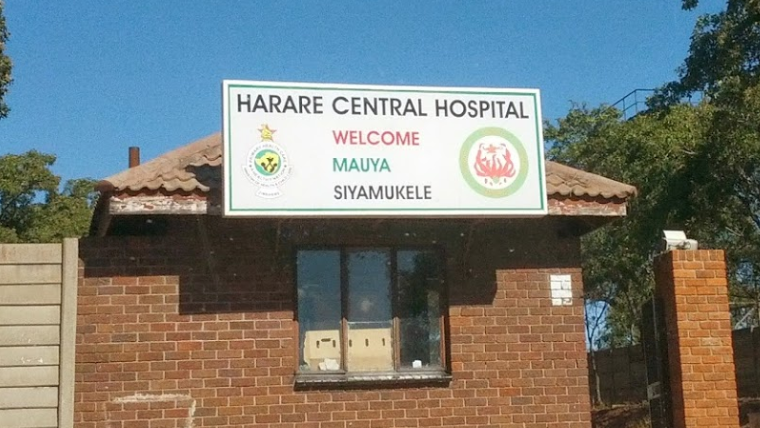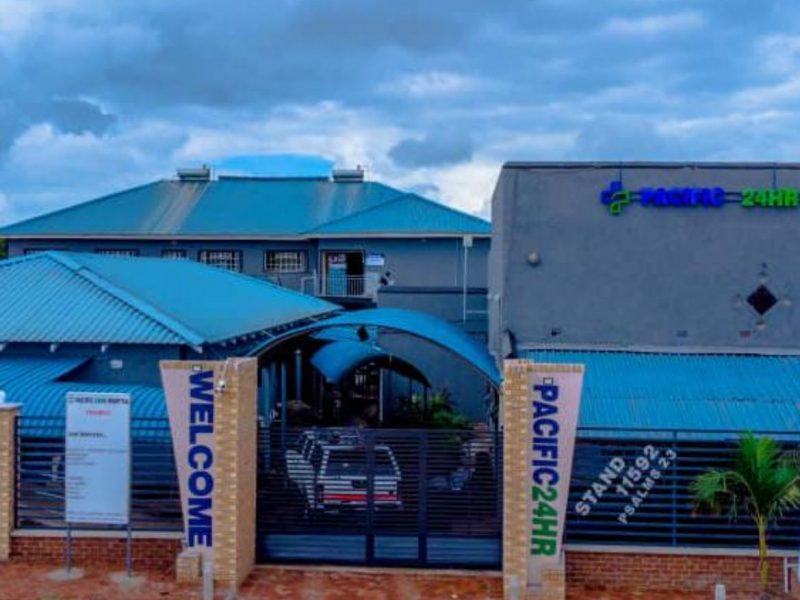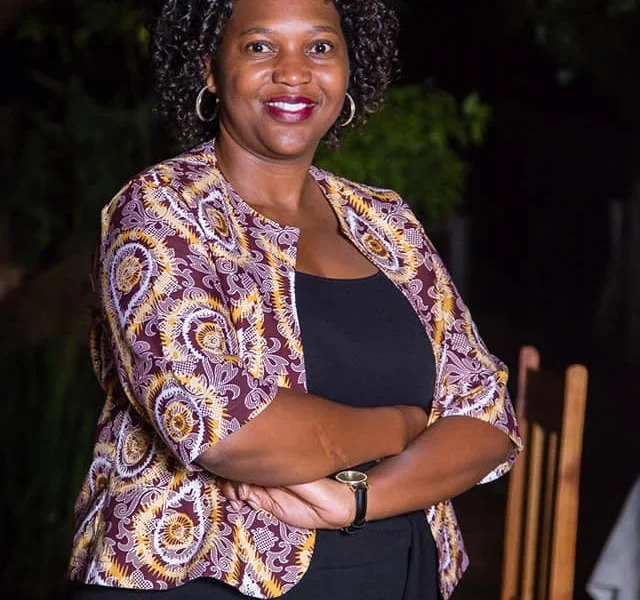Zimbabwe-Japan relations improving Health Facilities
By Nomagugu Konke
The Ministry of Health and Child Care (MoHCC) and the Japan International Cooperation Agency (JICA)’s 5S-KAIZEN-TQM project has seen some fruits as some of the hospitals in Zimbabwe have improved health care facilities.
The Japan International Cooperation Agency (JICA) is currently providing technical support to enhance the management of healthcare facilities across the country to catapult Zimbabwe towards attaining Universal Health Coverage (UHC).
Kaizen is a Japanese business philosophy that focuses on gradually improving productivity by involving all employees and by making the work environment more efficient. It translates to change for the better.
TQM is a management tool for improving total performance and leads to increased customer satisfaction.
Speaking at the Directorate Quality Assurance and Patient Safety Progress Report meeting, Minister of Health and Child Care, Dr Douglas Mombeshora said the Ministry remains committed to achieving a top-range health care service in the country.
“Our National Development Strategy (NDS 1) as well as the National Health Strategy 2021-2025 are clear on the targets to be achieved as part of the roadmap to Vision 2030.
“Zimbabwe has to achieve upper middle-income status 2030 and it can only be achieved with a top-of-the-range health care service.
“We gather here fully aware of the current status of our healthcare delivery system. We are confronted by a myriad of challenges. The fiscal space, the dwindling staff numbers not to mention their somewhat waning commitment in this fast-paced technological world, our strengths are often outweighed by our weaknesses, the threats we face every day are insurmountable yet we have to reach our destination, come what may!
“We take solace in the gains made to date under the difficult of circumstances. The health facilities that are tracking key quality indicators like Maternal, Neonatal and child Mortality ratios, service waiting times, availability of medicines, diagnostic tests, and client feedback addressed and staff attitudes amongst a host of other indicators show great strides have been made since the project inception,” he said.
He also said they will continue to put systems in place to be able to reliably measure and sustain these great achievements.
“The fact that progress made thus far can best be described as uneven and at times unfair, both between and within our health facilities calls for standardization of the quality initiatives. Where we receive many complain, and at times horrific narrations of how clients were managed and in some instances demised in our facilities is a sobering thought.
“We will work as a team including all partners to achieve our goals. Zimbabwe deserves to be amongst the best health care service providers in the world. We need to have medical tourists visiting us,” said the Minister.
The Japanese Ambassador to Zimbabwe, His Excellency Mr Shinichi Yamanaka said UHC can be achieved only when the quality of medical services provided at medical facilities is sufficiently maintained and continuously improved through the 5S-KAIZEN-TQM method.
“As stated in the NDS1 “Good health is central to human happiness and well-being. It also makes an important contribution to economic progress”. But it goes without saying that the health sector here requires a lot of improvement to bring it back to high standards, in terms of hospital equipment, adequate staff, and suitable environments.
“In this context, this JICA 5S-KAIZEN-TQM technical assistance project only requires limited resources, but can greatly improve the hospital environment, allowing the staff to take pride in their work, and increasing the quality of healthcare provided to patients.
The 5Ss “Sort, Set, Shine. Standardize, and Sustain” allow the staff to efficiently organize and manage the hospital procedures.
“The health sector has been dealing with even more enormous challenges in recent years, such as the COVID-19 pandemic, and now cholera and polio. So, it is important that this sector obtains all the support that it needs.
We need to aim for Universal Health Coverage for everyone, especially those who need it most,” he said.
Ambassador Yamanaka said Japan is also supporting the Ministry of Health and Child Care by providing hospital equipment.
In 2020, they provided 2.7 million US dollars for hospital equipment for Sally Mugabe Hospital, and 3.8 million US dollars for hospital equipment for 12 other hospitals.

 English
English
 French
French
 German
German
 Italian
Italian








